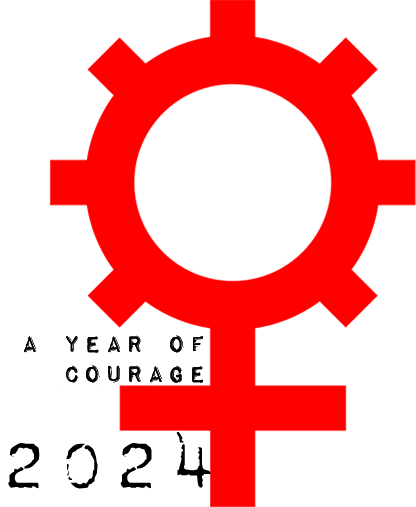Of Fear and Anti-Intellectualism. – Essay (Other) – VA 2017
Fear. It manifests differently in everyone, but common results include anxiety and anger. Anxiety is an internal reaction, that often makes someone want to run away or stay hidden in place. It is the ‘flight’ half of the equation. Anger is the more visible of the two, the ‘fight’ half, that we – the collective we – have to deal with. We’ve been dealing with it, but it isn’t going away anytime soon. The more I talk to people, and the more I examine myself, I learn a lot of fear stems from ignorance. Ignorance is not knowing something, and stupidity has more to do with one’s ability to learn. It’s important to draw the line between the two. Someone who is genuinely stupid but has a good attitude can overcome many things. Someone who is ignorant, who has the aptitude to learn, but chooses not to is considerably more problematic. We have a great many who are not only willfully ignorant but are doing their best to ensure others cannot learn as well.
We now live in an age wherein anti-intellectualism is celebrated from segments of the population. From deep within their safe-place echo-chambers, they dismiss anything and everything that does not neatly fit within their narrative. Their beliefs and their identities are so intertwined that they must reject all non-conforming everything, including reality itself. Facts no longer matter. People are now defending statements such as “alternative facts” and “we can disagree with the facts” both of which were given to cover lies. It was bad enough when news and entertainment were intermingled such that it became more difficult to discern between one and other, but to outright reject the difference between objective and subjective is dangerous.
Issac Asimov once said “Anti-intellectualism has been a constant thread winding its way through our political and cultural life, nurtured by the false notion that democracy means that ‘my ignorance is just as good as your knowledge.’” By erasing the line between objective and subjective, it emboldens the irrational to continue dismantling everything they don’t believe in. Everything that doesn’t fit neatly into their box becomes a target. Human rights? Undone. Education funding? Cut. Science? Ignored, censored, or deleted. A government by faith alone is doomed to fail. Not only is it not representational of its people, but it is not founded on any sound principle.
Fear is not founded on any sound principle either. The more I talk to anti-intellectuals, the more I get fear from them. I don’t fully understand what all they’re afraid of yet, as I do not share their fears. Simply asking doesn’t work, it often results in more anger because that’s what they feel. They feel angry, they don’t feel afraid. It’s only the self-aware that realize they’re afraid, and even then it’s those willing to let go. There is a lot of peer-pressure in some of these groups to never budge. Change is weakness. In other terms, growth is weakness. They’re trying to be frozen in time. Some are even trying to not only go backwards in time, but take us with them.
They’re scared of change. As such, they disregard the facts that surround them. The world they live in is changing: climate, economics, demographics, politics, technology, medicine, and more! There can be a lot to try to learn, or at least accept. Some people see all this change as frightening. It’s overwhelming. The answer becomes then, to resist it. For others, to fight it and reverse it. Unfortunately, they’re hurting others by doing so. They’re impeding the growth of those in their environment by doing so.
Fear and anti-intellectualism go hand-in-hand from what I can see. They’re making a stand, but this is different. They are trying to exist in a reality outside of our own, where credible sources are dismissed as fake simply because they don’t fit their narrative. Multiple sources can all say the same thing, and they will all be wantonly dismissed with the same general buzzwords. How does everyone else, open to change and criticism, engage with an entire group of people who are fact-averse? They aren’t afraid to lash out at you, drag you down to their level and beat you with experience. To fight the good fight, overcome their fears, not go too far backwards in time, and keep in touch with reality all at the same time will be an arduous journey. We, however, cannot relent. We cannot let anti-intellectualism win more than it has already.
